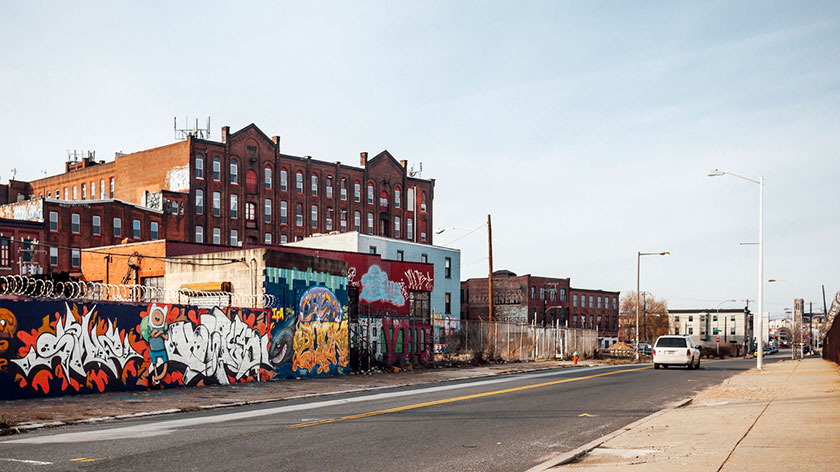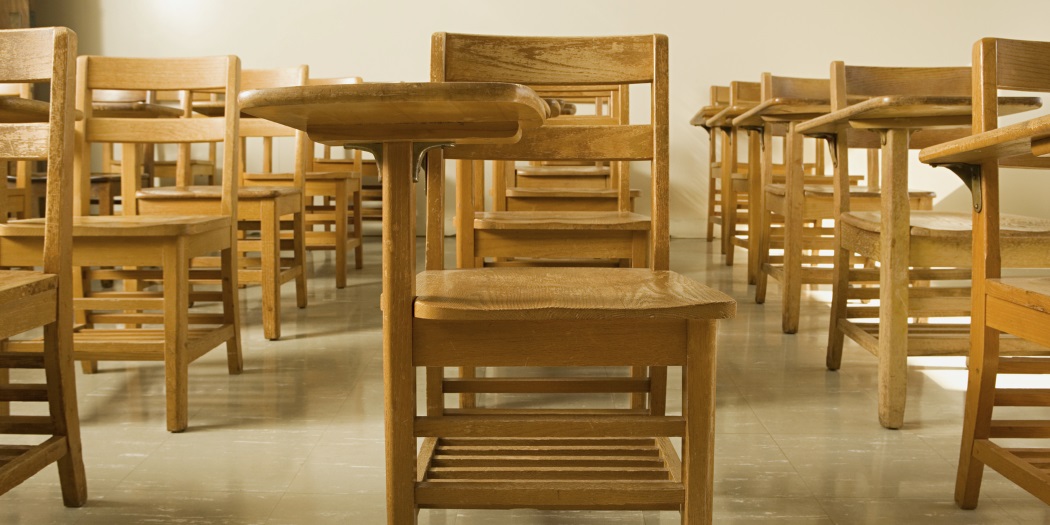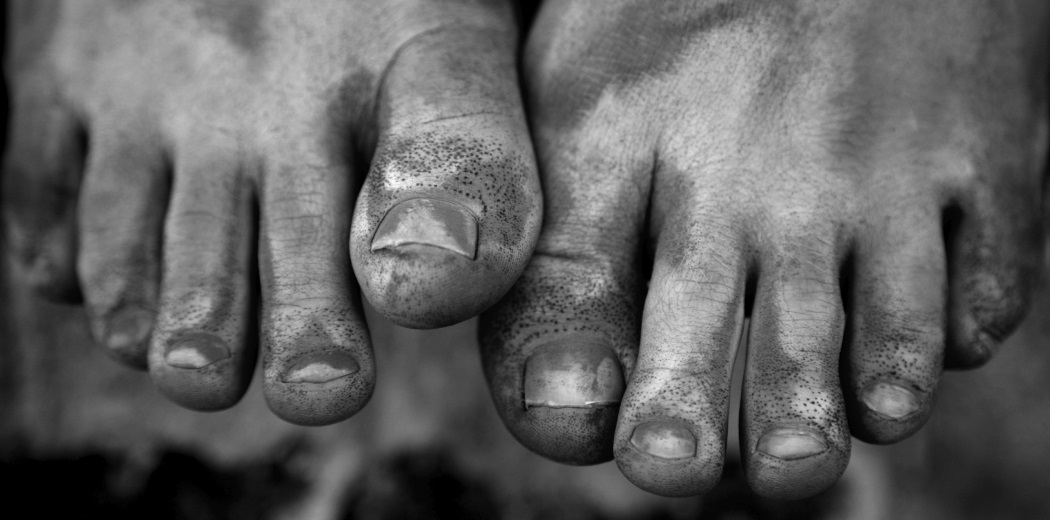
"I don't believe that God allowed me to leave prison so that I could kick up my feet and enjoy life. There's a lot of men who have done less than what I've done and are still in prison."

"I don't believe that God allowed me to leave prison so that I could kick up my feet and enjoy life. There's a lot of men who have done less than what I've done and are still in prison."

Kevin Bethel was in charge of school police in Philadelphia when he started researching juvenile crime.
“I was shocked to see we were locking up 1,600 kids a year,” Bethel tells Philly.com. “And I was shocked to see the offenses kids were being locked up for.”

Scan the radio dial on any summer road trip, and you will find no shortage of talk radio programming. Whether conservative, liberal, or somewhere in-between, there are always plenty of people who are willing to share their opinions and their experiences about the events and issues of the day.
David Padilla knew that he deserved to be punished for the drug dealing of his youth. But he didn’t see how it would benefit the community—or his wife Lisette and their four children—for him to die in prison.
After his third drug-related offense resulted in a life sentence, Padilla set out to become a model resident of the federal prison system.
The following column originally appeared in the Juvenile Justice Information Exchange, a national news site that covers juvenile justice issues daily, and appears here with permission.
The other day I visited a young black man from Philadelphia doing time for an armed robbery.

One of the last stops on Pope Francis’ visit to the United States was perhaps the most stark. Three days after addressing what is arguably the most influential political body in the world, the pope entered the Curran-Fromhold Correctional Facility in Philadelphia to speak to an audience of about 100 prisoners and family members.
Earlier today, Pope Francis arrived in Washington, D.C. to begin a week-long visit to the United States. In addition to visits to the White House, the U.S. Capitol, and the 9-11 Memorial in New York City, Pope Francis will also visit the Curran-Fromhold Correctional Facility in Philadelphia.
Restoration Partners give monthly to bring life-changing prison ministry programs to incarcerated men and women across the country.
JOIN NOW